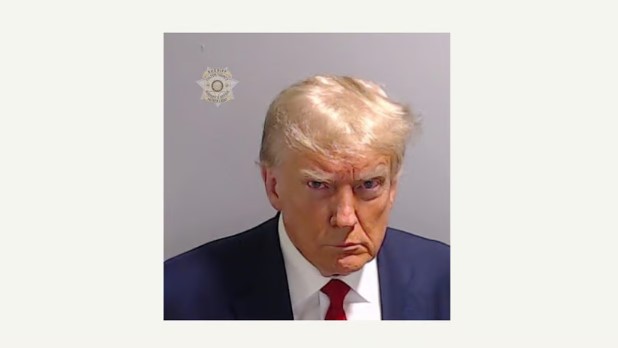Analysts have said that the tariff war between the United States of America and China would have a spillover effect on the Nigerian economy, resulting in the worsening of the trade deficit between Nigeria and China.
Analysts at Meristem Securities made this observation in their latest macroeconomic update titled ‘The US Tariff Hikes and Its Expected Impacts.’
The Donald Trump administration levied a 25 per cent additional tariff on imports from Canada and Mexico and a 10 per cent additional tariff on imports from China. In response, China has filed a formal complaint with the World Trade Organisation and banned the exports of five major metals (tungsten, indium, bismuth, tellurium, and molybdenum) to the US. Additionally, they announced a 15 per cent import tax due to be placed on US coal-liquefied natural gas and the import of cars.
According to the National Bureau of Statistics Foreign Trade in Goods Statistics – Q3, 2024, China remains Nigeria’s highest trading partner on the import side, cornering about 24.36 per cent of the nation’s imports.
As of Q3 2023, NBS data revealed that the trade deficit between Nigeria and China stood at N7.54tn.
Explaining how the tariff war was going to worsen the trade deficit, Meristem analysts said, “With the potential redirection of more exports toward Nigeria, imports from key trading partners, particularly China, could rise further, exacerbating Nigeria’s existing trade imbalance with China. This could widen the trade deficit, which already stood at NGN 7.52 tn (with China). A sustained increase in import inflows without a corresponding rise in exports may place additional pressure on Nigeria’s external reserves, heightening currency depreciation risks and worsening trade imbalances over the medium term.”
On the direction of capital inflow in the atmosphere of tariffs, the analysts said with the possibility of rising inflation in the US and a stronger US dollar, the Federal Reserve may have to maintain higher interest rates for an extended period or even consider raising rates if inflation approaches four per cent again, thus leading to capital flight from emerging markets.
“Additionally, an escalation in these trade tensions could increase investors’ risk aversion. These scenarios could lead to reduced capital flows to emerging and frontier markets, as investors might be drawn to safer havens offering attractive returns and the appeal of a stronger currency.
Also, “Increased domestic production in the US could boost demand for the US dollar, further strengthening the currency in global markets. A stronger dollar would raise the cost of imports for Nigeria, exerting additional pressure on the naira and potentially accelerating its depreciation. This could undermine expectations of exchange rate stability, especially if capital inflows decline (and/or outflows intensify), leading to liquidity constraints in Nigeria’s foreign exchange market. In such a scenario, the country could experience renewed foreign exchange volatility, complicating the Central Bank of Nigeria’s efforts to stabilise the currency.”
On the fixed-income market, which has seen plenty of action from investors, Meristem analysts worry that persistently higher interest rates in advanced economies, driven by potential inflationary pressures, could reduce capital inflows into Nigeria’s fixed-income market.
“Additionally, attractive rates in these economies might encourage capital outflows from Nigeria’s fixed-income market, particularly from foreign investors holding Nigerian bonds. This could lead to rising bond yields as prices decline. A likely uptick in domestic inflation due to elevated imported, and the risk of significant outflow from the local fixed-income market could prompt Nigeria’s monetary authority to adopt a less accommodative monetary stance, potentially adjusting yields to make the market more attractive, sustain investor interest, and support exchange rate stability,” the analysts concluded.
Meanwhile, the Chinese Ambassador to Nigeria, Yu Dunhai, has disclosed that the trade volume between Nigeria and China in 2024 exceeded $20bn in 2024.
Speaking in Abuja at the 2025 Chinese Lunar New Year celebration at the Chinese Cultural Centre, Dunhai said, “Nigeria is the country where China has the largest engineering contract, the second largest exporting market, and the third largest trade partner for China in Africa.
“2024 was a successful year for the two countries, the climax of the success being the elevation of the two countries’ bilateral relations to a comprehensive strategic partnership by President Bola Tinubu when he visited China. 2025 will be a lot better.”















